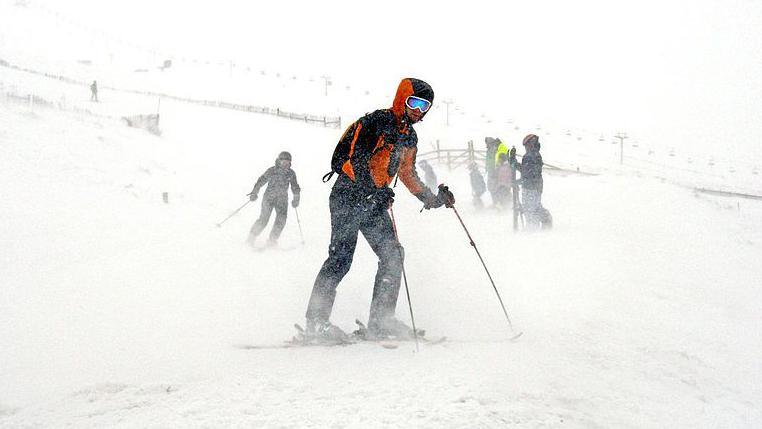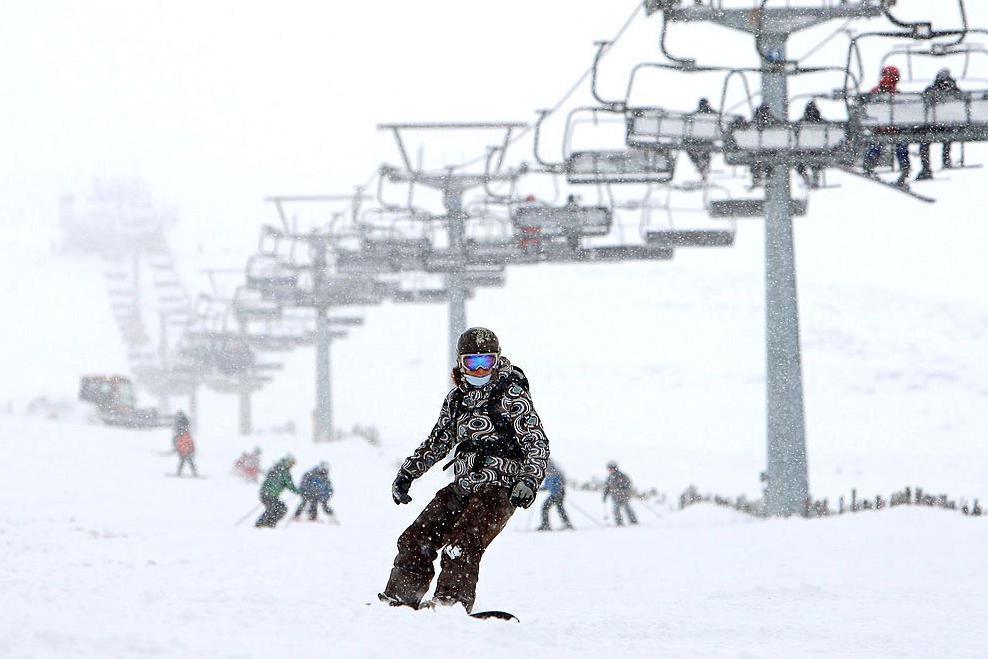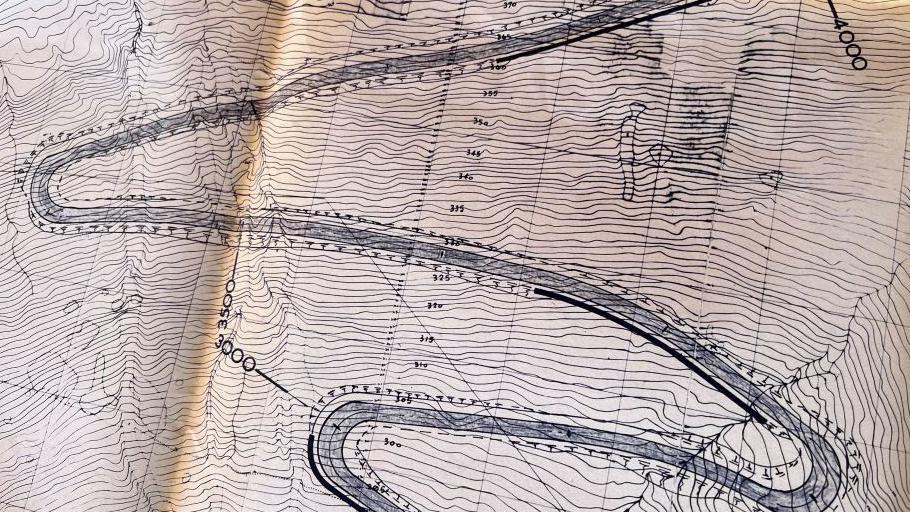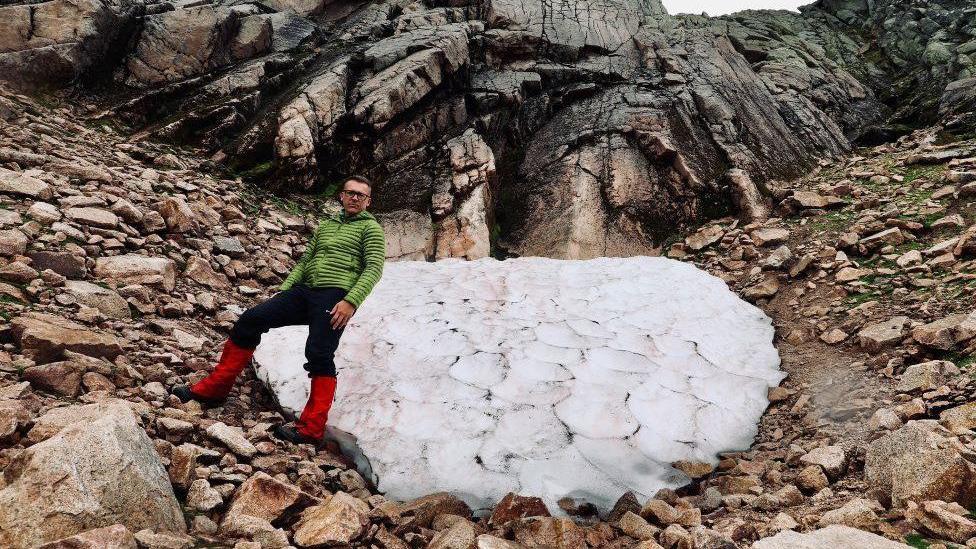Ski resort's season delayed by poor snow conditions

Skiing at Nevis Range in February 2009
- Published
A ski centre says the effects of climate change on snow conditions has forced it to delay the start of its winter season until February.
Nevis Range, near Fort William, normally offers snowsports from late December to April.
But it said recent years had seen "dramatic shifts" in winter weather patterns and damaging storms.
It said over the last few years in January it had only managed to open on one or two days for skiing, adding: "Our team is as passionate as ever about skiing, but climate change is a reality that's forced us to rethink our winter operations."
Nevis Range said delaying the season would allow it to carry out maintenance and conserve resources for February and March.
The centre, which also has a mountain gondola and offers mountain biking, will be closed on Mondays and Tuesdays over winter as a further measure to keep costs down.
It said it would open before February if snow conditions were "exceptional".
Nevis Range said: "These changes aren't about cutting back - they're about survival."
Nevis Range was opened 35 years ago and its slopes are more than half way up Britain's eighth-highest mountain, 1,221m (4,006ft) Aonach Mòr.
Local people had been skiing on the mountain since the 1930s.
Snowsports resort marks 30th anniversary
- Published14 December 2019
Fort William misses out on 2025 mountain bike world cup
- Published2 October 2024
Climate change impacts on Scotland's winter have been observed in other areas.
The Sphinx, a patch of snow believed to be the longest-lasting in the UK, melted for the fourth consecutive year last month.
The snow patch forms in a sheltered area on Britain's third-highest mountain - remote Braeriach in the Cairngorms.
There are records of it going back 300 years.
Until 100 years ago it had been considered a permanent feature of Scotland's hills.

Nevis Range's snowsport season has traditionally run from late December to early April

Last year, avalanche forecasters said they were seeing likely impacts of climate change high in Scotland's mountains.
The Scottish Avalanche Information Service (SAIS) said conditions were changing more rapidly and avalanches occurring in tighter spaces of time.
It said named storms - such as 2021's Storm Barra - brought short, significant periods of "proper winter", raising the avalanche risk.
The storms have often been followed by rising temperatures and snow loss.
But SAIS warned that even in those "leaner" times when there was less snow potential hazards remained, often higher up towards the top of a coire, gully or mountain summit.
Related topics
- Published18 September 2024

- Published2 July 2024
